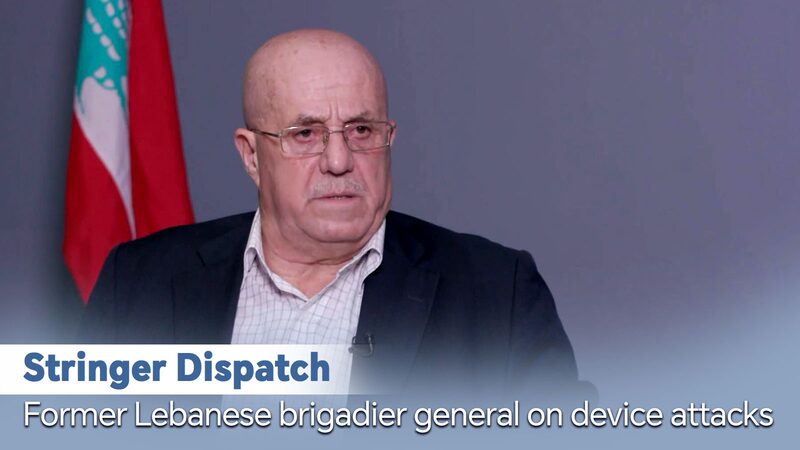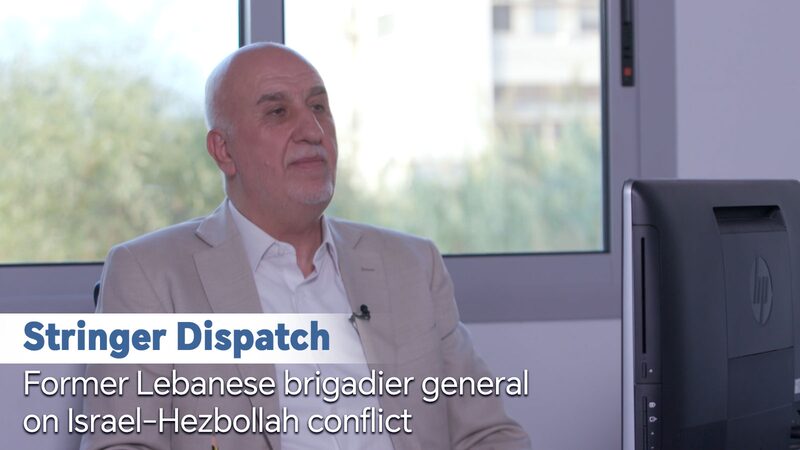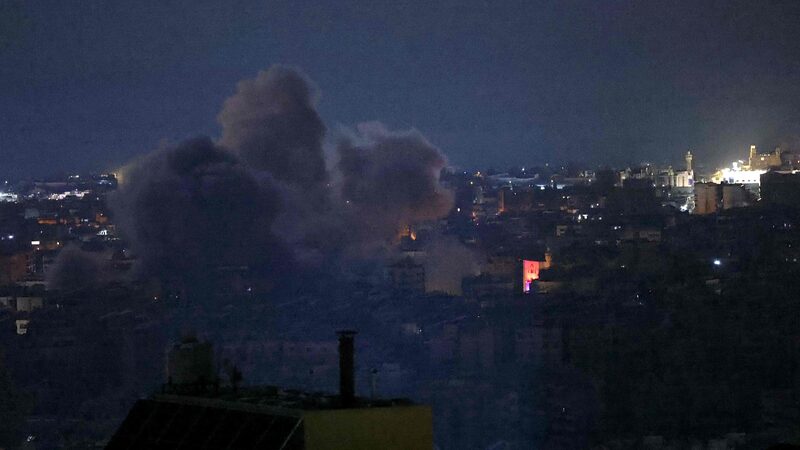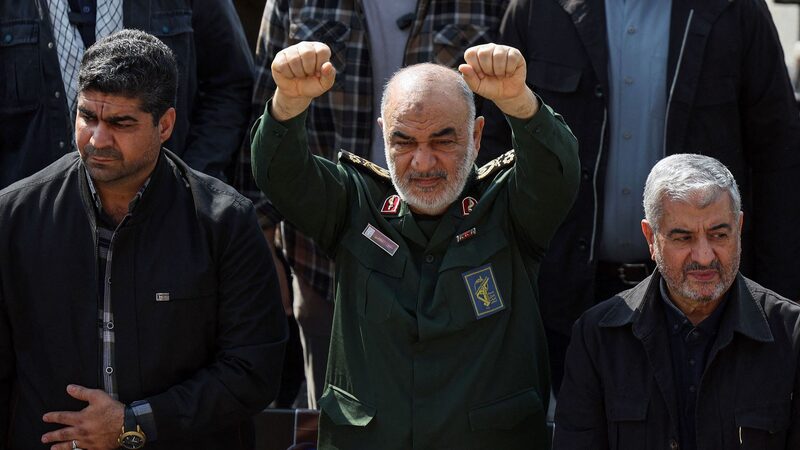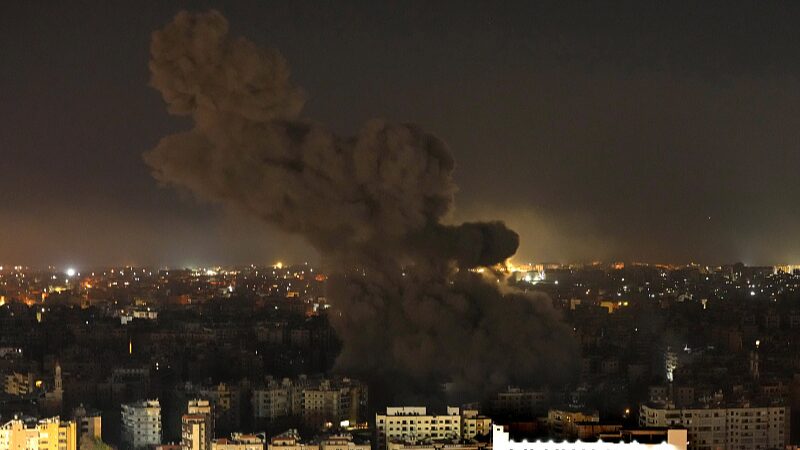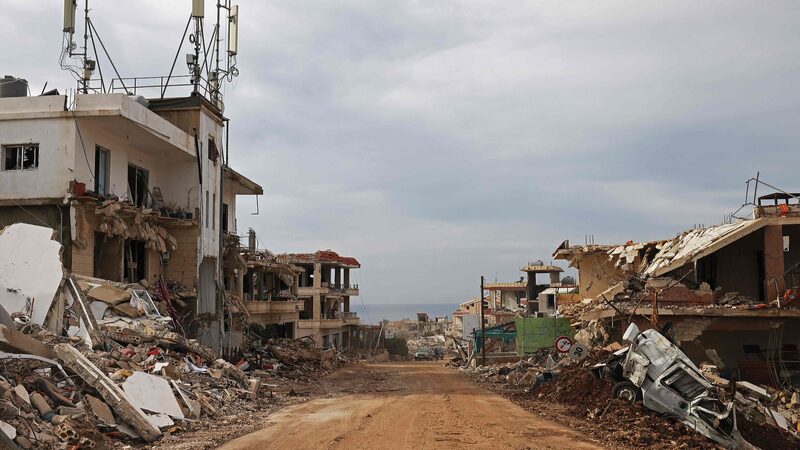A series of devastating attacks targeting the Lebanese armed group Hezbollah has left at least 37 people dead and nearly 3,500 injured. The attacks, involving exploding pagers and walkie-talkies, have shaken the nation and raised concerns about regional stability.
Adding to the turmoil, a top Hezbollah commander was killed in an airstrike by Israel on Beirut’s southern suburbs on September 20. The airstrike has intensified tensions between Lebanon and Israel, escalating fears of further conflict.
Georges Saghir, a political and military strategic analyst and former brigadier general in the Lebanese Army, shared his insights on these alarming developments. “It’s hard for Israel to do it by itself,” he said. “Israel, I think, has been helped by the United States to do that.”
Saghir’s comments suggest a broader international involvement in the attacks, raising questions about the role of global powers in the ongoing conflict. His perspective sheds light on the complexities of Middle Eastern geopolitics and the intricate alliances that influence the region’s stability.
The Lebanese government has yet to officially respond to these allegations. Meanwhile, the international community watches closely as the situation unfolds, with fears that the violence could spiral into a larger regional crisis.
As Lebanon grapples with these challenges, the victims and their families bear the immediate brunt of the tragedy. The attacks not only signify a loss of life but also underscore the fragile state of peace in the region.
Reference(s):
Stringer Dispatch: Former Lebanese brigadier general on device attacks
cgtn.com
